Moscow, MINA – The relations between Indonesia and Russia enter a new dimension in the 21st century. The 70th anniversary of diplomatic relations between the two countries in 2020 is a momentum to reach the level of strategic partnership.
Indonesia and Russia already have strong foundations for relations and cooperation in various fields.
The topic of the seminar is “Towards Indonesia-Russia Strategic Partnership: Challenges and Opportunities” held by the Indonesian Embassy in Moscow at MGIMO University (Moscow State of International Relations) on Tuesday, February 18.
The keynote speaker at the seminar was Mikhail Fradkov, Russian Prime Minister in 2004-2007 who was also Director of the Russian Strategic Studies Institute.
Also Read: Protesters in London Denounce Israeli Violations of Gaza Ceasefire
The seminar supported by MGIMO University and the ASEAN Center which is part of the 70th anniversary of Indonesia-Russia diplomatic relations.
Present at the seminar were M. Wahid Supriyadi, Ambassador of the Republic of Indonesia to Russia concurrently Belarus, Anatoly Torkunov, Rector of MGIMO University, and Victor Sumsky, Director of the ASEAN Center at MGIMO University.
Wahid Supriyadi noted on the 70th anniversary of diplomatic relations, cooperation between the two countries in various fields could be seen as a higher level.
The close personal ties and mutual understanding of the leaders of two countries are central to the success of relations and cooperation.
Also Read: Russia Defends Indonesia, Calls IOC “Hypocritical” Over Israel Visa Dispute
“Indonesia has an intensive dialogue with Russia, such as in politics, economy, defense, security, and culture, which shows the breadth and depth of relations between two countries,” Wahid said.
The seminar was attended by the diplomatic corps, representatives of relevant ministries, experts and academics in Russian international relations and politics, business people, students, observers, and Indonesian lovers in Russia.
In his keynote address, Mikhail Fradkov said the relations between Indonesia and Russia were at a renewal level amid the complex and dynamic situation developing in the region and the international world today.
Traditional cooperation in the two countries is still a focus, such as mechanical engineering, military engineering, tourism, and agriculture.
Also Read: IOC Suspends Indonesia’s Bid to Host Olympic Events After Visa Refusal for Israeli Athletes
However, there are great opportunities to develop cooperation in other fields, such as health and the pharmaceutical industry, civil aviation, energy, cyber security, education, and training. (T/RE1)
Mi’raj News Agency (MINA)
Also Read: ICJ Rules Israel Must Facilitate Humanitarian Aid to Gaza Under Geneva Convention






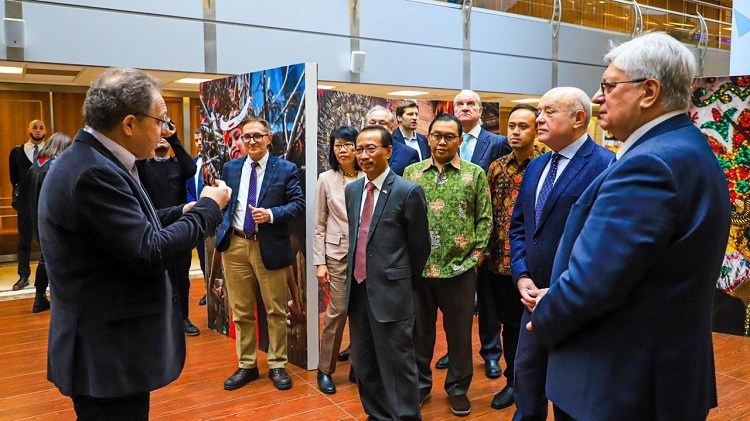

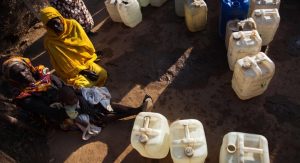

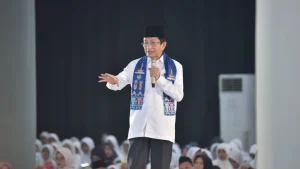


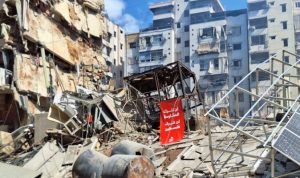


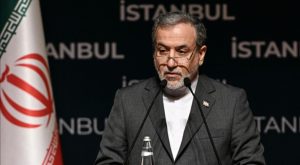
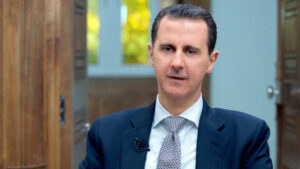
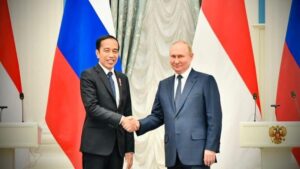
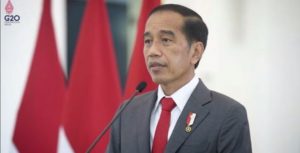
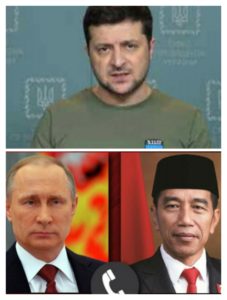





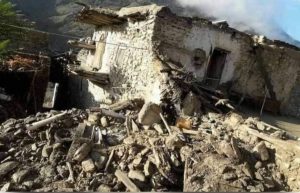
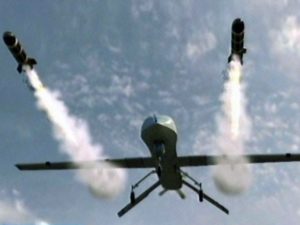
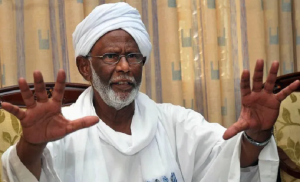
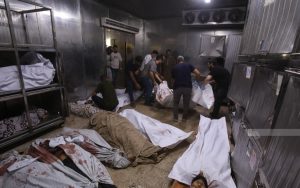

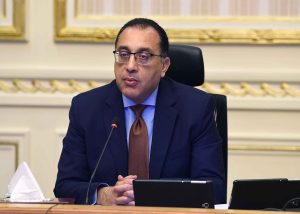



 Mina Indonesia
Mina Indonesia Mina Arabic
Mina Arabic